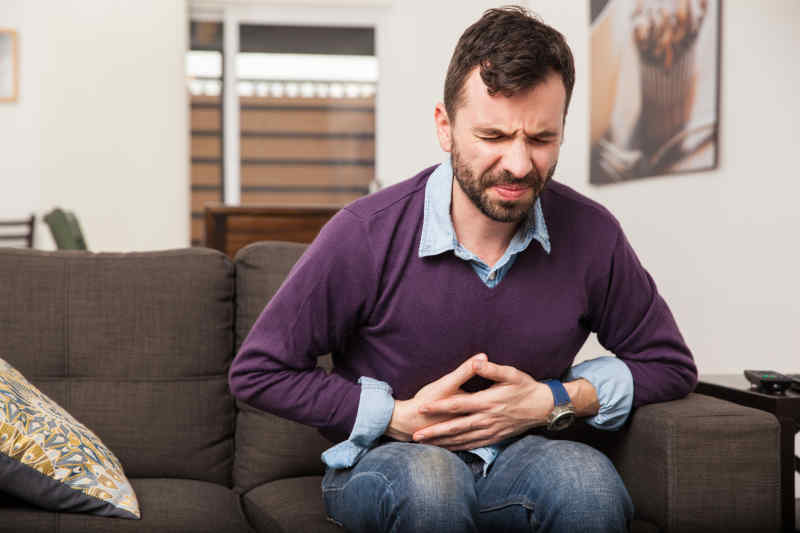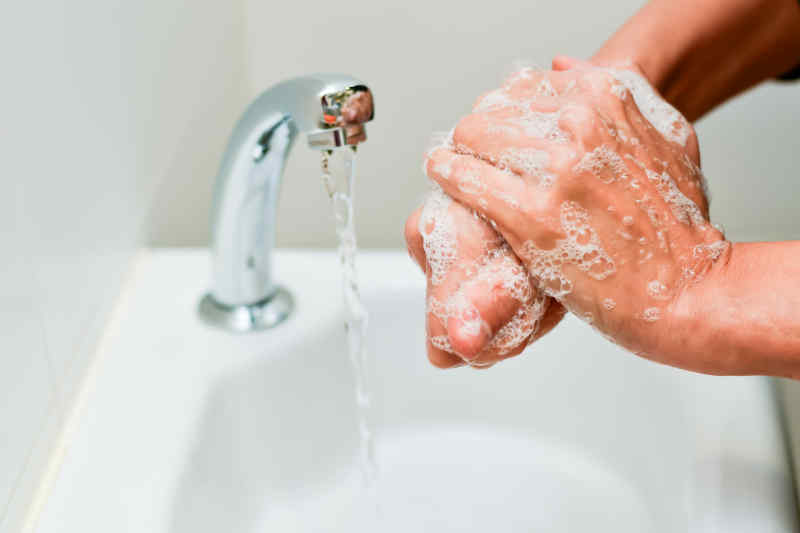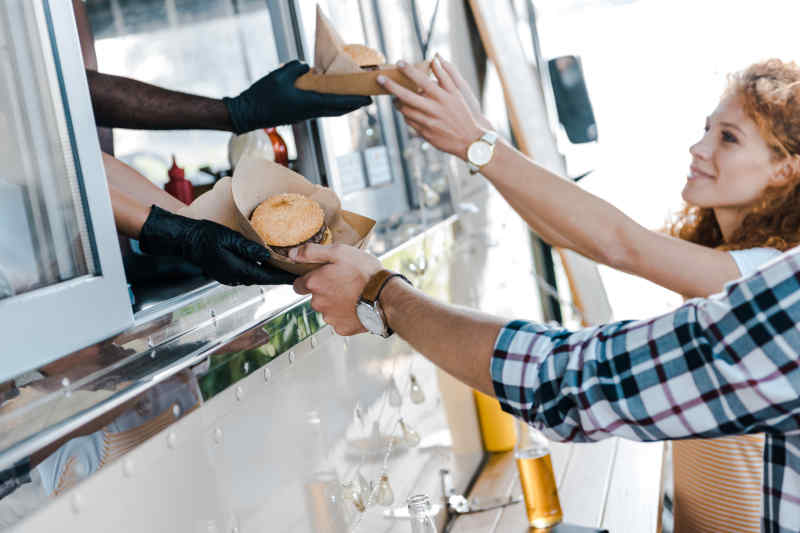By Soren Rivero
There's nothing quite as disruptive to a vacation as food poisoning. While exploring new cuisines is an integral part of traveling, it's important to be mindful of food safety to prevent any illnesses. By taking a few precautionary measures, you can significantly reduce the chance of getting food poisoning on vacation.
Here are eight essential tips to help you avoid food poisoning while on vacation.
Know the Symptoms and Seek Medical Attention if Necessary
Before you attempt to take any precautions, it’s generally a good idea to be aware of the symptoms of food poisoning, which may include nausea, vomiting, diarrhea, and stomach cramps. Do not hesitate to seek medical attention if you suspect any symptoms have arisen due to food poisoning. Be sure to pack any necessary medications and rehydration solutions, as well.
Choose Reputable and Clean Eating Establishments
Eating at local establishments is a great way to connect with cultures in different parts of the world. However, there’s always the risk of getting food poisoning when eating at any restaurant, but these chances might increase due to your body’s gut environment not being situated to the food you’re eating in another country.
When dining out, try to prioritize restaurants and eateries that maintain high cleanliness standards. Look for establishments with visible cleanliness and proper food handling practices. Popular local restaurants with high reviews often indicate good quality and fresh food. Avoid places that appear unclean, have questionable hygiene practices, or lack proper refrigeration for perishable items.
Maintain Good Personal Hygiene
There’s no denying that an individual plays their own role in preventing food poisoning, even outside of external causes. One key tip on how to avoid getting food poisoning on vacation is to maintain good personal hygiene. Always wash your hands thoroughly before eating, especially if you've been exploring outdoor attractions or engaging in activities that might have exposed you to germs or bacteria. You may also want to carry hand sanitizer and/or wet wipes for moments when access to soap and water is limited.
Learn About Local Food Safety Standards
Different countries have varying levels of hygiene and sanitation practices. It is vital to your health to familiarize yourself with food safety standards and regulations of your destination before you even embark on your journey. Once you understand these standards, you can make your own informed decisions about where to eat, how often, and what precautions to take while indulging in local cuisine.
Ensure Proper Food Preparation and Cooking
This is moreso of a general tip for eating anywhere, but remember to pay attention to how food is prepared and cooked. For example, it's safer to consume fully cooked animal products (meat, seafood, eggs, etc.) than those that are raw or only slightly cooked. This doesn’t mean you have to deny tasting a certain culture’s cuisine, but just to double check that the preparation is proper and safe. Some countries, such as Japan, may frequently use raw seafood and eggs in their food. However, the country is well-known for having safe food practices. It never hurts to double check and ask any questions! Avoid buffets where food might have been sitting out for extended periods, as this increases the risk of contamination and bacterial growth.
Consider Bottled Water and Beverages
Did you know that waterborne illnesses are one of the most common causes of gastrointestinal issues while traveling? Not all public water systems across the world are safe. To steer clear of any potential contaminants, opt for bottled water and sealed beverages over tap water. This precaution applies not only to drinking but also to brushing your teeth and washing any fruits or vegetables that you might consume. If access to bottled water is limited, research the best way to cleanse water (such as boiling) in the area.
A Quick Note on Street Food
Sampling street food is a delightful way to experience local culture. These quick, often inexpensive, and very tasty food items are integral to cultures around the world. However, certain street foods can also pose risks if not consumed with caution. Look for street vendors with clean and tidy setups, where you can witness the food being prepared freshly and hygienically. Avoid foods that have been sitting out for long periods and opt for items that are cooked right in front of you to avoid getting food poisoning on vacation.
Pack Non-Perishable Snacks
You can never go wrong with packing some snacks of your own! Not only will packing non-perishable snacks (such as granola bars, nuts, or dried fruits) help prevent food poisoning, but they will also serve as quick pick-me-ups if you find yourself getting a little hangry while exploring a new destination.









